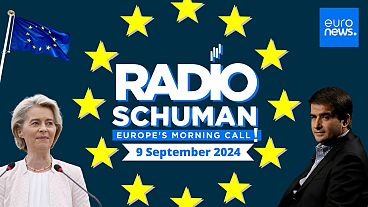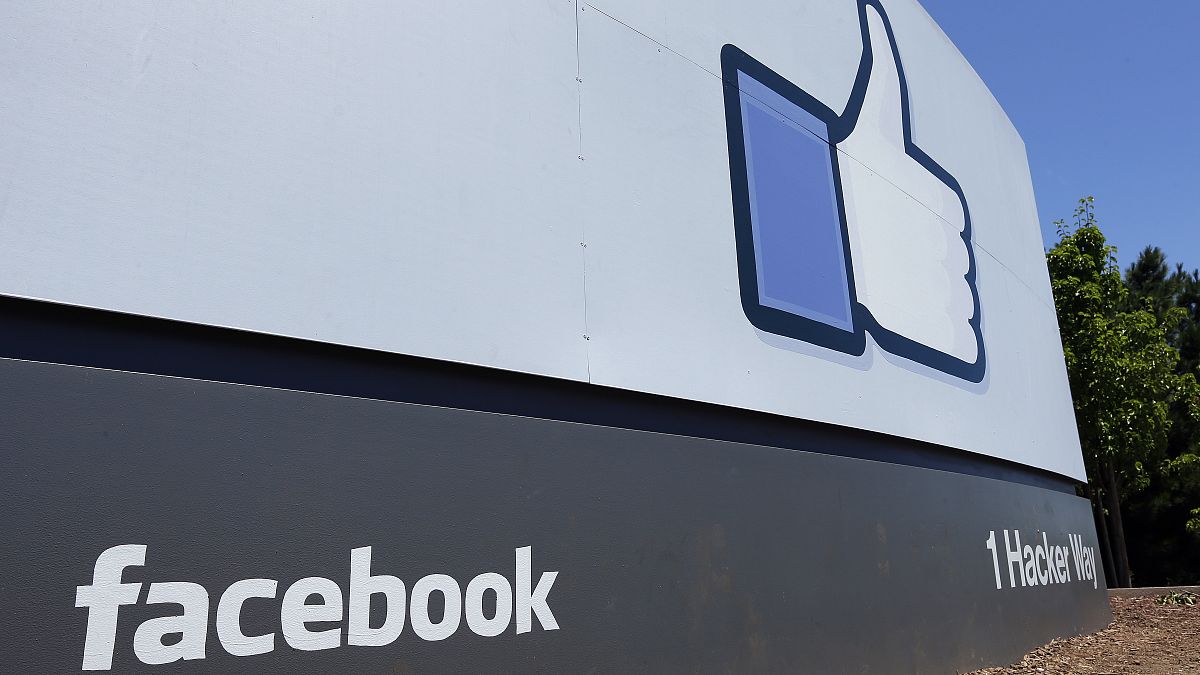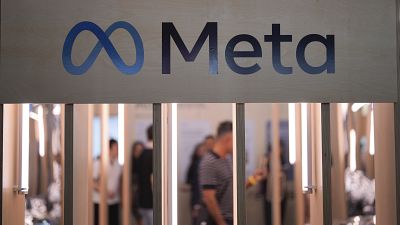The Big Tech companies says its tool will be replaced by alternatives
Researchers, journalists and civil society have called on tech giant Meta not to discontinue its transparency tool CrowdTangle on 14 August as planned, since they say it is essential for their work to measure trending topics on Meta’s Facebook and Instagram.
The Coalition for Independent Technology Research – which counts Mozilla Foundation, Stanford Internet Observatory and Médialab Sciences Po among its members – claims in a survey published yesterday (1 August) that replacements to CrowdTangle proposed by Meta are not yet sufficient.
CrowdTangle, acquired by Meta (then Facebook) in 2016, allows people to see what stories are spreading most quickly on the platform. It has since been used to identify sources of disinformation across the world, such as fake news around the 2020 US election and the COVID-19 pandemic.
In a blogpost last November by Nick Clegg, Meta's president of global affairs, the company announced plans to shut the tool down, while giving researchers enough time to complete current projects and if eligible, to get up to speed with its new research tools, Meta Content Library and API. Meta Content Library and API are designed to give researchers access to publicly accessible content across Facebook and Instagram, the company said.
However, the Coalition for Independent Technology Research’s report found that 88% of researchers surveyed expressed concern that CrowdTangle’s shutdown would hinder their work, as projects have to be revised or scrapped, with some considering stopping their work entirely.
In addition, access to the alternative Content Library is limited, especially for journalists. Only a small percentage of CrowdTangle’s tens of thousands of users have been granted Content Library access, and for-profit newsrooms are banned from the Content Library, they say.
Claire Pershan, EU advocacy lead at the Mozilla Foundation, said: “We urge legislators in the EU, US and around the world to keep up pressure on Meta to provide comprehensive transparency tools, ensuring all journalists and public interest researchers can expose what’s happening on its platforms.”
The shutdown was also part of a wider European Commission probe – started in April – into Meta’s platforms on the handling of disinformation under the Digital Services Act (DSA). This investigation is still pending.
Earlier this month, US lawmakers sent a letter to Meta CEO Mark Zuckerberg asking the company to delay the out phasing by another six months, as reported by Axios. The lawmakers said the tech giant has a responsibility to be transparent about the content shared on its platforms ahead of the US election in November.
Meta has been contacted for a comment.















